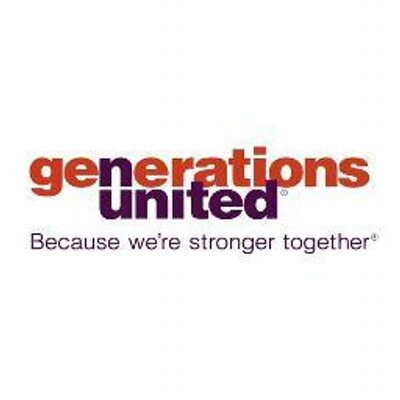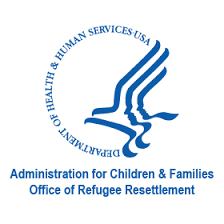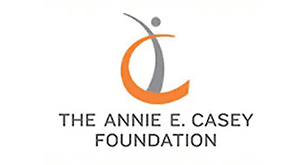Most child sexual abuse offenses fall under state jurisdiction. However, when the offense occurs on federal lands, such as national parks, military bases, or tribal territories, then the case falls under federal jurisdiction. Other areas of federal jurisdiction include federally … Read More
Fostercare

Together at the Table: Supporting the Nutrition, Health, and Well-Being of Grandfamilies
There are more than 2.5 million children in the U.S. growing up in “grandfamilies,” meaning they are being raised by relatives (grandparents, aunts, uncles, siblings, etc.) or close family friends without their parents in the home. Research shows grandfamilies are … Read More

Making the Case for Intergenerational Programs
Provides rationale and facts to help make the case for intergenerational programs Making the Case for Intergenerational Programs is based on a comprehensive review of the literature on intergenerational programs and highlights evidence-based findings on how intergenerational programs benefit everyone. Download … Read More

Creating Policies to Better Serve Diverse AANHPI Populations
While Asian American, Native Hawaiian, and Pacific Islander (AANHPI) populations are, collectively, the fastest-growing racial group in the United States, these groups have rich and distinctive experiences and their unique challenges are not adequately supported by current policies; this lack of support is especially … Read More

Investing in Families Prevents Child Welfare Involvement
The path forward is clear: strengthening household financial security can reduce child abuse and neglect by improving the opportunity for parents to meet their children’s basic needs, provide developmentally appropriate child care, and reduce parental stress and depression, both risk … Read More

Report: Children Make Up Smallest-Ever Share of U.S. Population
Children, who made up 40% of America’s total population in 1900 and 36% of it as recently as 1960, accounted for just 22% of the country’s total population in 2020, an all-time low, according to an analysis authored by experts on child demography and released today by … Read More

Fact Sheet: Children Thrive in Grandfamilies.
INTRODUCTION More than 2.5 million children across the U.S. are raised in Grandfamilies (also known as kinship families). These are families in which grandparents, other adult family members, or close family friends are raising children, with no parents in the … Read More

Racial Equity Tip Sheets
Tip Sheet- American Indian & Alaska Native Grandfamilies: Helping Children Thrive Through Connection to Family and Cultural Identity About 2.5 million children in the United States live in grandfamilies or kinship families, which are families in which children are being … Read More

Adoption and Guardianship for Children in Kinship Foster Care
Generations United with support from the Dave Thomas Foundation for Adoption, created the following brief, national comparison chart, and state-specific charts that focus on adoption and guardianship for children in kinship foster care so that these children can exit foster … Read More

Intergenerational Evaluation Toolkit
In an effort to collect more data on intergenerational shared sites and facilitate program evaluation, Generations United, with support from The Eisner Foundation, partnered with Dr. Shannon Jarrott of The Ohio State University to develop this toolkit. The Intergenerational Evaluation … Read More

